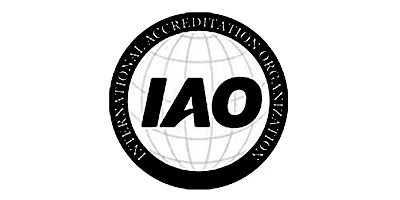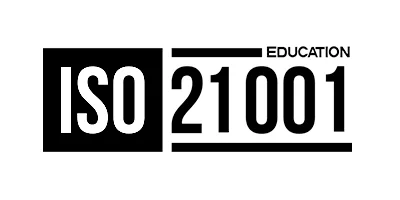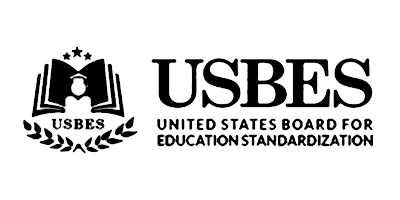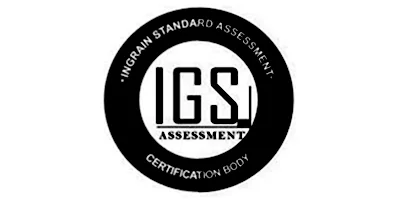HVAC Program
4.9 9.8K+ Satisfied Learners
e-Careerpluz's HVAC program is designed to provide you with the knowledge and skills necessary to excel in the field of Electronic design automation (EDA).
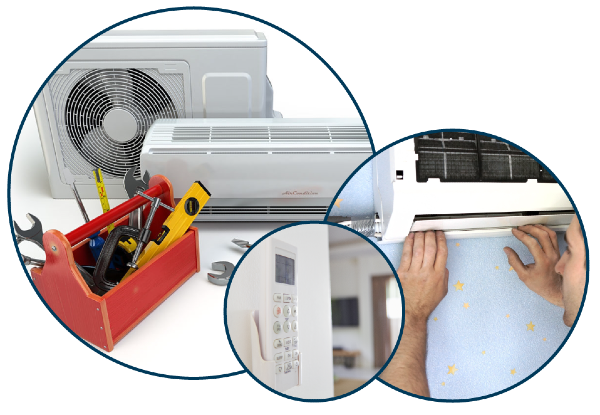
HVAC Training in Madurai
Our HVAC program offers comprehensive training in computer-aided design (CAD) software specifically tailored for Electronic circuit design and simulation.
Why choose e-Careerpluz?
Skill Development
Improve your professional skills with our course.
Quality Training
Improve the quality of your work and reduce errors
Expert Tutors
Learn from certified instructors with extensive experience in utilizing these tools in professional settings.
Flexible Learning Paths
Start your learning journey with flexible learning time and convenient learning modes
Hands-on learning
Get hands-on experience through interactive labs, real-world scenarios, and projects that simulate workplace tasks.
Real-Time Projects
Learn with real-time projects that can improve programming efficiency
HVAC Course Curriculum
Download Curriculume-Careerpluz's course structure is designed to cover the fundamental and advanced aspects of this course. Each module builds on the previous one, and the final project allows learners to apply their knowledge in a practical situation.
- Scope of HVAC Industry with overview of Consulting & Construction industry
- What is Heating Ventilation and Air Conditioning?s
- Types of Air Conditioning
- Heat, Sensible Heat, Latent Heat
- Conduction, Convection & Radiation
- British Thermal unit, Ton of Refrigeration
- Units used in HVAC System
- Properties Of Air
- Dry and Wet bulb temperature
- Relative humidity, specific volume
- Density, humidity ratio, dew point, enthalpy
- Air Conditioning Process: Sensible Heating, Sensible Cooling, Cooling and Humidification, Cooling and Dehumidification
- Working on Psychrometric Chart with software tool.
- Vapor Compression Cycle
- Components of AC System ‐ Details and Types of Compressor, Condenser, Expansion Valve and Evaporator Coil.
- Types of AC System ‐ Air cooled / Water Cooled/ DX / Chilled Water
- Types of Air Conditioning Equipment ‐Unitary, Split System, Package AC, Chilled Water (AHU,FCU & FAHU) and VRV System
- Refrigerants, Types, Classification and Nomenclature
- Properties, Application and Environmental effects
- Design Condition for comfort zone
- Concepts of Cooling Load
- Time of Peak Cooling Load
- Outdoor Design Conditions
- U Values And R Values Calculation
- Heat Gain through Windows / Skylight
- Heat Gain Through exposed (exterior) walls and Roof
- Heat Gain Through Partition walls
- Heat Gain Through Floors Located Above Unconditioned Spaces
- Heat gain Through Slab Floors
- Heat gain from ceiling voids, and other unconditioned spaces
- Heat Gain Through cracks, openings, and deficiencies in structure
- Heat Gain Through Ventilation (Fresh Air)
- Heat Gain Through Lights, Equipment's and People
- Heat Gain from System
- Cooling Load Calculation by using E‐20, HAP and Elite
- ESHF, ADP & Air Flow Rate(CFM) Calculation
- Ducting
- Duct Design ‐ Equal friction, Velocity Reduction Method
- Ducting ‐ Classification , Material and Shapes
- Duct Insulation‐Types, Material and Properties
- Duct Acoustics ‐ Types, Material and Properties
- Plenum Box Sizing
- Duct gauge selection, Comparison between different shapes of duct
- Air Distribution Terminals
- Types of Air Terminals
- Application
- Selection methods ‐ Manual and By Software
- Sound Attenuators Selection
- Types of Fans
- an Laws ,ESP Calculation, Fan Selection
- Pipe Sizing ‐ Using Manual Methods and By Software (Pipe Sizer)
- Piping Insulation
- Pipe Hangars and Anchors
- Distribution of Chilled Water System ‐ Constant Volume Network & Variable
- Pump Head Calculation
- Types of Cooling Tower
- Fill Material
- Selection of Cooling Tower Capacity
- Cooling Tower Performance
- Calculation of Drift loss, Bleed off and Evaporation losses
- Make up Water Tank Sizing
- Range, Approach and Effectiveness
- Selection of Cooling Tower
- Standards and Practices
- Introduction to AutoCAD
- Basic Commands, Creating Block formation of AC Equipment
- Drafting of Ducting & Piping Layout
Enquiry Now
HVAC Program Overview
e-Careerpluz offers an HVAC Designing course that covers the principles, concepts, and methods involved in designing heating, ventilation, and air conditioning systems. For more Details, Click here
- Get an overview of HVAC systems, their components, and their functions in maintaining indoor comfort and air quality.
- Learn how to perform load calculations and heat loss/gain analysis to determine a building's heating and cooling needs.
- Explore the principles of psychrometrics and air distribution to understand wind behavior and its impact on HVAC system design and ducts.
- Learn strategies for designing energy-efficient and sustainable HVAC systems that minimize energy consumption and environmental impact.
- Familiarize yourself with industry codes, standards, and regulations governing HVAC system design, installation, and operation.
- Learn how to use building information modeling (BIM) and computer-aided design (CAD) software to create detailed HVAC system drawings and models.
- Explore design considerations and best practices for HVAC systems in residential, commercial, and industrial buildings.
Mode of Training
In-person Training
Benefit from hands-on practical sessions and real-time demonstrations.
Virtual Training
Engage in live, interactive sessions with instructors and fellow learners.
College Training
Customized training programs delivered to Colleges at their premises.
Self-Paced Training
Access pre-recorded lectures and course materials at your convenience.
Hybrid Training
Attend select sessions in the classroom while accessing the remainder online.
Webinars
Perfect for learners looking to acquire targeted skills quickly.
About Certification of HVAC Course
Finally, upon successful completion of the course, an ISO 21001:2018 affiliated certificate will be awarded to ensure quality education.
Also, our certification is aligned with IAO standards and the United States Board for Education Standardization (USBES) which are valued abroad and can be used for Indian Gazetteer purposes.
Get Certified Now